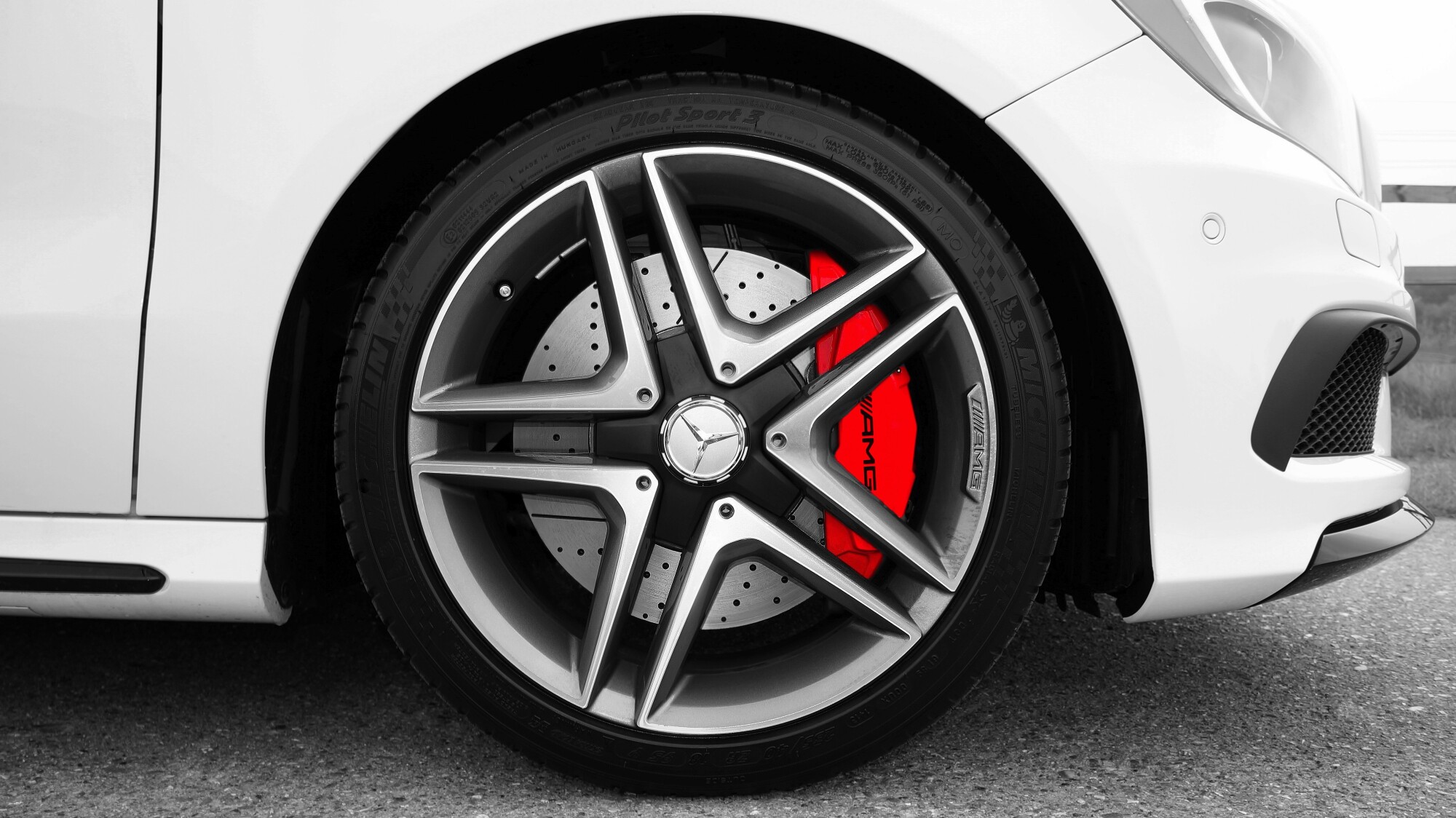Whether your car model is new or on the older side, squeaky brakes happen to the best of us. Much of the time, they are the result of simple wear and tear. However, the rate at which they wear down depends on how you drive your car.
No one wants to deal with loud, screeching brakes that announce when you’re coming to a stop. It’s annoying, inconvenient, and most importantly, dangerous.
Squeaking brakes are a sign that something is wrong, so here’s what you should do about it.
Why Are My Brakes Squeaking Anyway?
This is one of the most common malfunctions amongst most vehicle models. Quite simply, brakes wear down over time — there’s no real rocket science to it. But there are warning signs that you should never ignore which tell you when it’s time for auto repair.
As a general rule-of-thumb, you should never ignore new or unusual sounds coming from your car. If the noise is loud enough to hear while you’re driving, it’s cause for concern. This being said, screeching brakes don’t always mean you have a huge issue on your hands. Sometimes it boils down to:
- A temporary issue caused by debris or condensation that might be stuck in your brakes
- The installation of your brakes is sub-par — yes, this can happen, causing your brake calipers to stick together and cause friction, which results in a screeching or scraping sound
- Your brake pads consist of a naturally noisy material, such as metallic or ceramic materials
- Wear and tear — one of the most common reasons your brakes become noisy.
Your car should have a wear indicator that signals that it’s time to change out your brake pads. This wear indicator is a metal tab that scrapes against the metal disc of your car wheel. When you hear this noise, it’s time to replace your brakes.
Now that you know what causes squeaking brakes, here are a few simple solutions:
1. Grease Up Your Squeaky Brakes
Even if your brakes are fairly new, they can still make a noise due to a temporary problem, as mentioned above. One of the best solutions to this is to add grease to your brake contact points.
You’ll need to be somewhat handy in order to complete this task. It requires the removal of your brake pads from the calipers, then applying grease to all necessary touchpoints. If you’re not up the task, check out Mr Refurbisher for more.
2. Consider Installing Brake Pad Shims
If you want to ensure your brake pads last a good while thanks to additional resistance, a set of shims is your go-to. Some vehicles might already feature brake pad shims. But if yours doesn’t, it’s a good way to ensure your brake pads don’t wear down as fast.
Brake shims typically sit on the reverse side of the brake pad to prevent deterioration. They pick up the slack from the brake pad with a small layer of rubber that absorbs braking vibrations.
3. Replace Your Brake Pads and Rotors
Sometimes your brake pads are too far gone in order to try and save them with preventative measures. They just need replacing — it’s that simple.
If your brake pads have reached that end-of-life stage, there’s no saving them. That noise you’re hearing is metal on metal contact when you brake, which is very unsafe. In some cases, your rotors might also have worn down and need replacing, too.
You want to visit a local mechanic to help you with this task if you just don’t have the know-how.
Get Your Fix of Auto Maintenance Know-How
When it comes down to it, squeaky brakes are an inevitable occurrence in the span of your car’s life. In some cases, you might have to replace your brake pads sooner than others, or it’s just a simple, temporary issue. Whatever the case, don’t attempt to fix the problem yourself if you don’t know how to!
Learn more about auto maintenance, automotive safety, DIY auto repair, and more by exploring the rest of this site.

